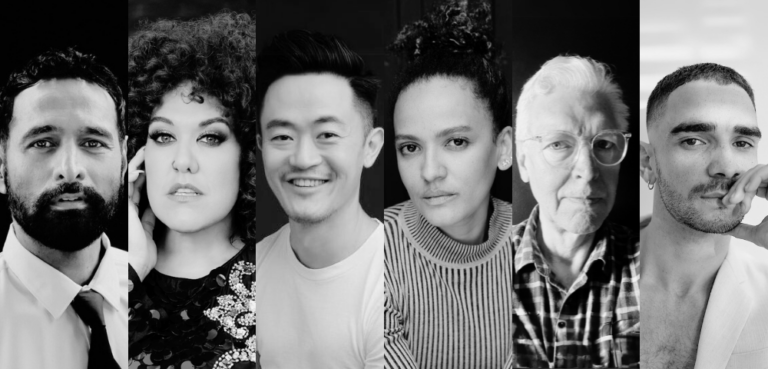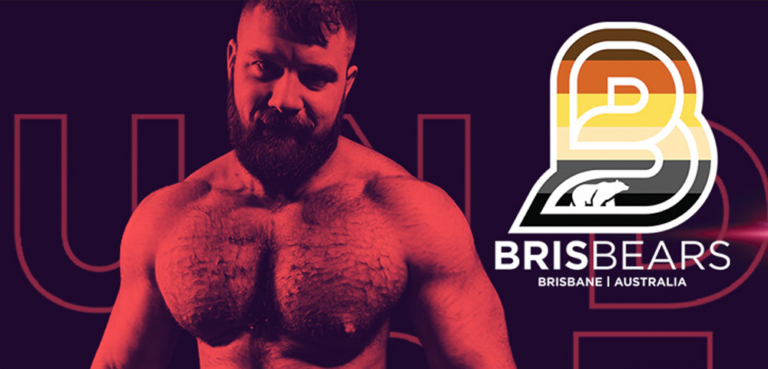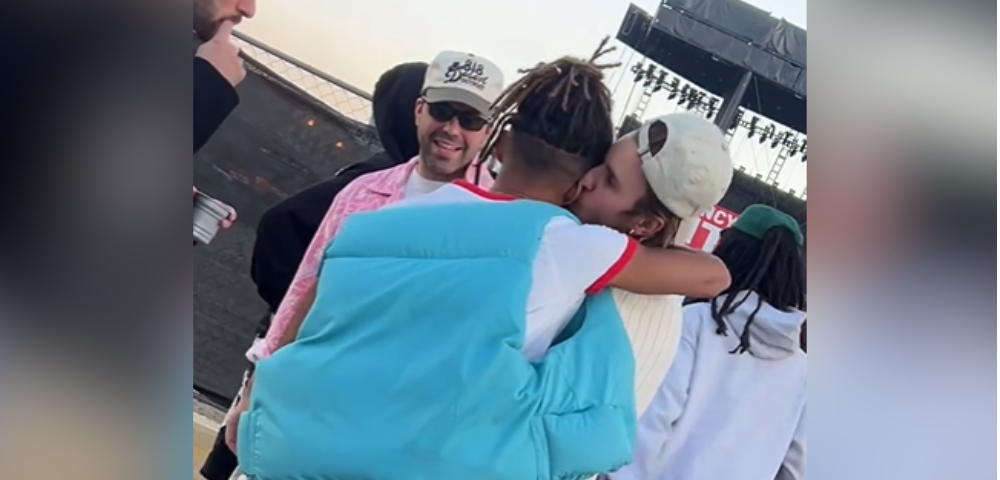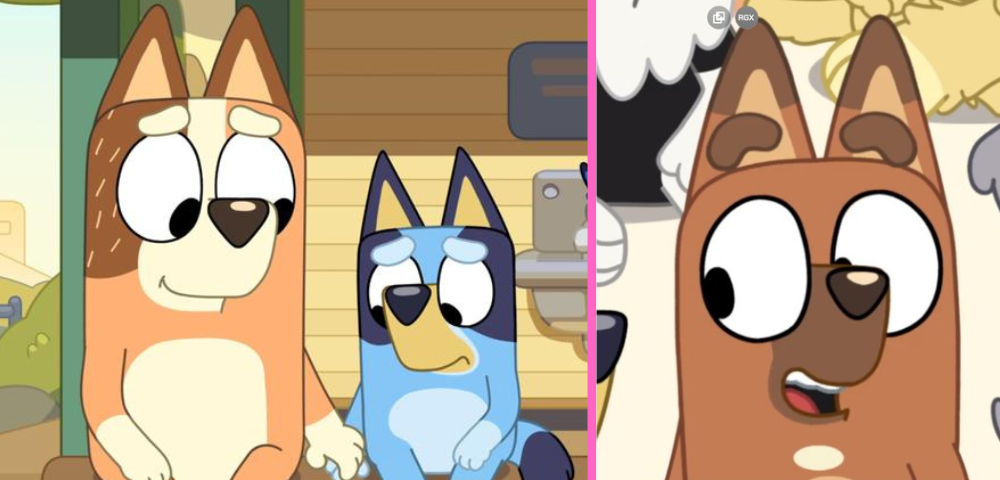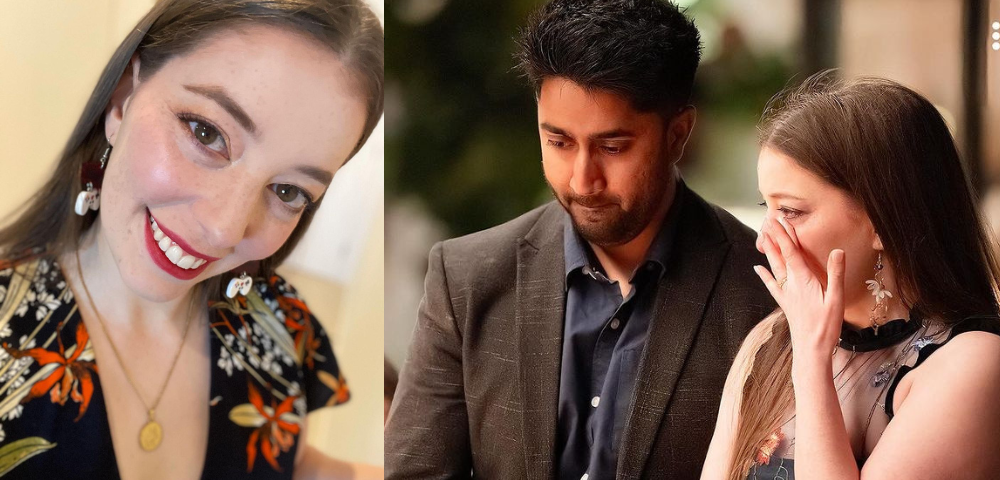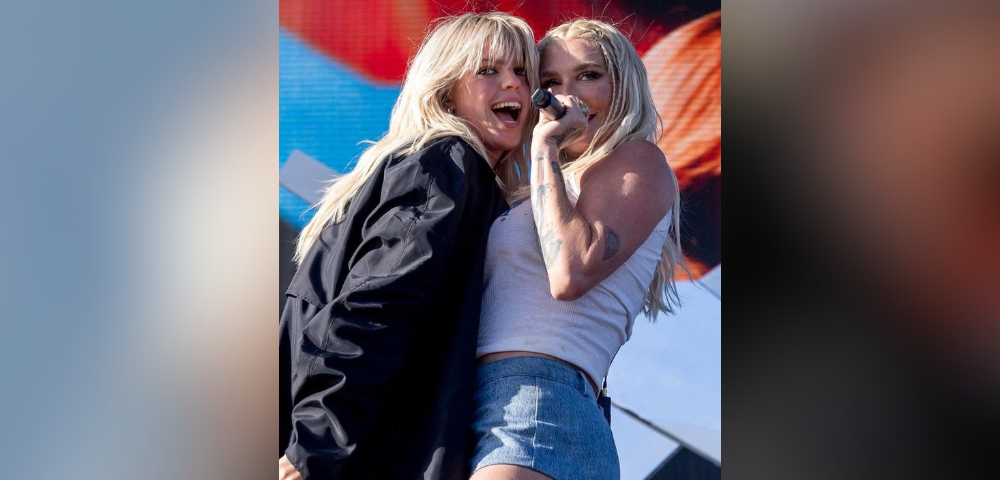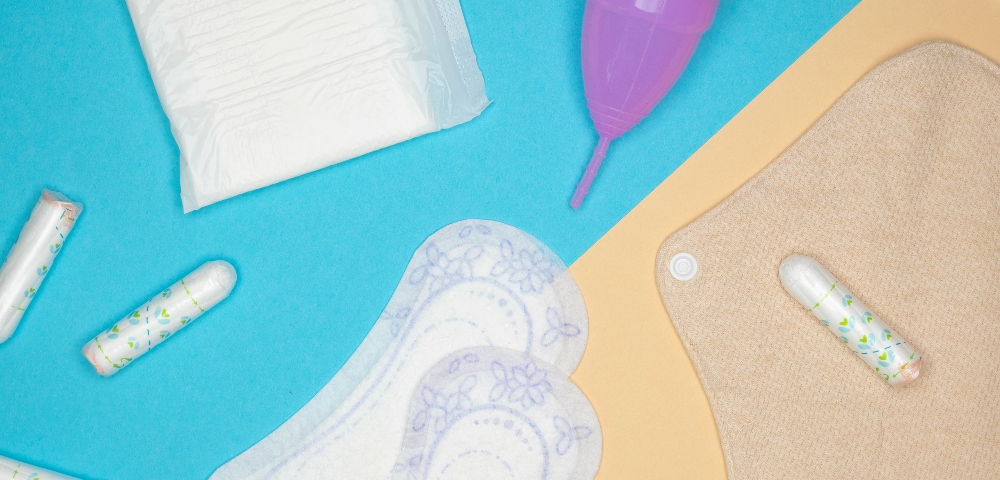
Waltzing with queer dragons: Benjamin Law
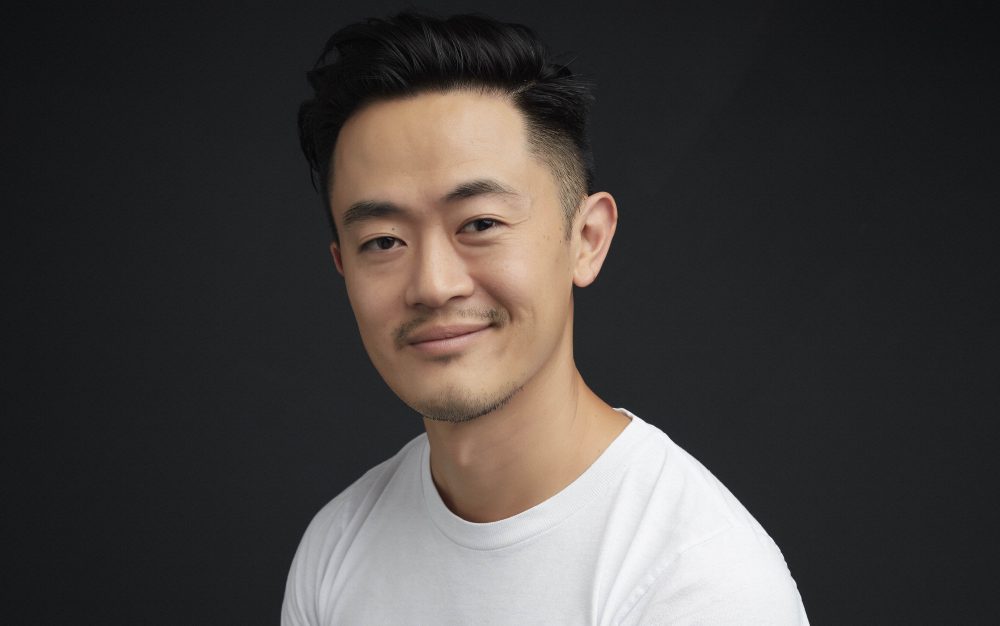
Benjamin Law has a lot to celebrate at the moment. His documentary series Waltzing the Dragon, charting his relationship with China and the Chinese experience in Australia, has just screened. And he’s curated a new anthology of coming of age stories called Growing Up Queer in Australia. He spoke to the Star Observer’s Andrew M Potts.
In Waltzing the Dragon, you document the large number of Chinese migrants who settled in Australia before Federation and the White Australia policy, and how many of them moved into rural Australia and married local families, in a sense, disappearing into that landscape. The descendants you speak to are very proud of that heritage. But I wonder if there might be other families where that identity might not have been celebrated or even regarded it as a familial skeleton in the closet?
That wouldn’t surprise me at all. After several generations, if their ancestors married into white families, it might not be conspicuous that people have Chinese heritage and there was a phenomenon where a lot of those families may have swept that identity under the rug, or Anglicised family names to try to blend into those communities. But there is now a resurgence of Australians finding Chinese ancestry and really celebrating that and owning it, and acknowledging it in a big way.
One of the themes that you touch on in the series is the role of Chinese students in Australia, beginning with the Colombo Plan in the 1950s which was aimed at bolstering local populations against Communism while also building stronger ties between Australia and the Asian region as a whole. Recently we’ve seen tensions between mainland China and Hong Kong spill over into Australian universities. What’s your take on that?
I think we’re really starting to see the fractures and anxieties around Australia’s relationship with China which is an economy and country on which we are so dependant and have such close ties with. But also fractures in the global democratic project. Australia is a country that values freedom of speech, human rights and democracy and so, diplomatically, we’re very much behind Hong Kong’s One Country, Two Systems arrangement with China. We’re starting to see those fault lines come into play. I think some of the anxieties that Australians feel towards China do come from that old fashioned racism that we’ve seen over the last 200 years, and that continues to exist in Australia.
But I think there are real geopolitical anxieties that we have about China that are sometimes legitimate. My background is Hong Kong Chinese so that’s where my relatives are. We’re Cantonese speaking and to see the ongoing erosion of Hong Kong identity and Hong Kong political suffrage and basic rights is quite troubling for me. I think this should be of concern to Australians, considering how many Australians work and travel through Hong Kong.
One of the stereotypes about mainland Chinese students is that they come to Australia with a sort of state indoctrination. That’s something that you try to explode in the documentary. Could you talk about that?
That was one of the lines that our writer-director put in the documentary because I think a lot of these fears reflect Australians perhaps starting to lose faith in the influence of our own democratic institutions. Education is our third biggest export and is a huge source of value, economically, to Australia from China. But at the same time it’s a part of an ongoing project to expose young Chinese students to Australian values. Maybe some people are starting to lose faith in that project? Because if people are saying that Chinese students are coming here indoctrinated, and they don’t have any capacity for critical thinking, that’s not just insulting to them but also insulting to why we started that project with Chinese education in Australia in the first place.
What do you make of this “religious freedom” debate that is going on in federal politics right now?
I don’t think it’s as simple as either side makes it out to be because I think religious freedom is important. But those freedoms are also balanced against other freedoms, like the freedom to not be discriminated against, the freedom to affirm and live our lives without hate – those are also important freedoms and there’s always going to be tension between competing freedoms. The Folau case has been a really convenient way for people who are anti-queer to assert themselves after they lost the same-sex marriage postal survey. But these concerns about religious freedom seem to be pretty selective. We’re not hearing about the freedom of people to build a mosque in a regional town for instance. This conversation was started because of very specific anxiety that a very small section of Australians have about Christians being able express homophobic views without any consequences. Israel Folau’s church and what they preach is pretty off the board. That they think most other Christians are going to hell except them is pretty wild and it seems to be a money making venture between very tight-knit family members. It sounds more arguably like a cult. So are we even talking about religious freedoms here?
You have a new anthology out that you’ve edited called Growing up Queer in Australia but I understand your involvement in that series actually dates back to 2008?
The Growing Up series by Black Ink Books has been going on for a really long time and I contributed to Growing Up Asian in Australia back in the day, which was edited by Alice Pung. And that’s how I got a book deal. So I owe a lot of my career to that series! Since then there has also been Growing Up Aboriginal in Australia, Growing Up African in Australia, and now we’ve got Growing Up Queer in Australia. We really thought this was an important project because there are so few stories about growing up queer in this country that are out there. We’re also at a point where we have multi-generational queer perspectives, we’ve got multicultural queer perspectives and we’ve got the different perspectives between the regional and rural experience versus the suburban and urban experience and also across the gender spectrum. We wanted to include those voices, especially now at a time where especially trans youth are being targeted and politicised at a Federal level. One of the big antidotes to that is simply sharing our stories and through that, sharing our humanity and I think an anthology like this is a really good way of doing that but also celebrating our myriad queer communities.
Growing Up Queer in Australia has over fifty contributors, but are there any in particular that stand out for you?
Jack Kirne’s contribution is amazing. His story just leapt of the page for me because it’s just so incredibly seductive. You can feel the sexual tension. I also think of Giselle Au-Nhien Nguyen’s story about growing up queer in a Vietnamese environment and how thats kind of hidden and coded. Vivian Quynh Pham is another Vietnamese Australian contributor who stands out. She talks about having to come out to her mum three times and on the third time her mum said she’d kill herself and so she decided not to come out again. Phoebe Hart is another perspective. She’s a contributor who has grown up with an intersex condition and I think for a lot of people in the queer community who aren’t intersex, she brings some really important knowledge for us to have. It’s hard to pin down growing up queer to just one sort of experience and that’s why I wanted to ensure that we had that diversity across the board.
Growing Up Queer in Australia is published by Black Inc Books and is available in paperback or as an eBook. Watch Waltzing the Dragon on ABC iView.


